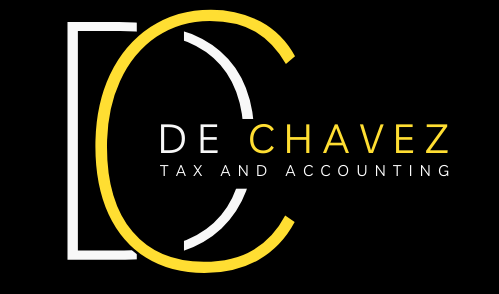Managing your finances effectively is crucial for the success and sustainability of your freelance business. Freelancers are responsible for handling their own accounting, taxes, and financial planning, unlike traditional employees. To help you manage your finances efficiently, here are some essential accounting practices.
- It’s important to keep personal and business finances separate by opening a dedicated business bank account. This makes it easier to track business expenses accurately and simplifies bookkeeping.
- Make sure to maintain detailed records of all income and expenses. Whether you use accounting software or a spreadsheet, log every transaction. This way, you’ll have an accurate understanding of your financial health and be prepared for tax season.
- Establish and adhere to a budget Formulate a budget to manage your income and expenditures. Differentiate between your fixed and variable expenses, and distribute funds accordingly. A budget prevents overspending and ensures you set aside funds for future costs and taxes.
- Save money for taxes As a freelancer, it’s your responsibility to pay your own taxes. Allocate a portion of your earnings for taxes to avoid financial strain during tax season. Consider making quarterly estimated tax payments to comply with tax regulations.
- Issue invoices promptly upon project completion, providing clear payment terms, and diligently follow up on any overdue payments. Maintaining consistent cash flow is essential for your business, so it’s important to gently remind clients about outstanding invoices.
- Keep a close watch on your cash flow to guarantee that you have sufficient funds to cover your operational costs. Maintaining positive cash flow is critical for the survival of your business, so monitor it closely and take corrective measures if required.
- Many freelancers fail to consider retirement planning. Start a retirement account, such as a SEP IRA or Solo 401(k), and make regular contributions. Planning ahead ensures financial security for your later years.
- Utilize business expense deductions to benefit from tax advantages as a freelancer. Expenses that can be deducted may encompass home office expenditures, travel costs, software subscriptions, and professional development. Keep thorough records and retain receipts to substantiate your deductions.
- Employ accounting software to streamline your financial management. Software options such as QuickBooks, FreshBooks, or Wave can automate tasks such as invoicing, expense monitoring, and the generation of financial reports.
- Look for professional guidance by consulting with an accountant or financial advisor who specializes in serving freelancers. They can offer valuable insights, assist in optimizing your finances, and ensure adherence to tax regulations.
Managing your finances effectively and by incorporating these crucial accounting practices, freelancers can effectively handle their finances, alleviate stress, and concentrate on expanding their business.
P.S. Got questions or need personalized advice? Feel free to reach out!

